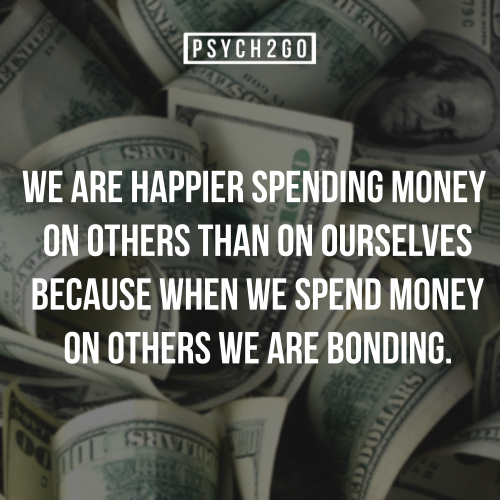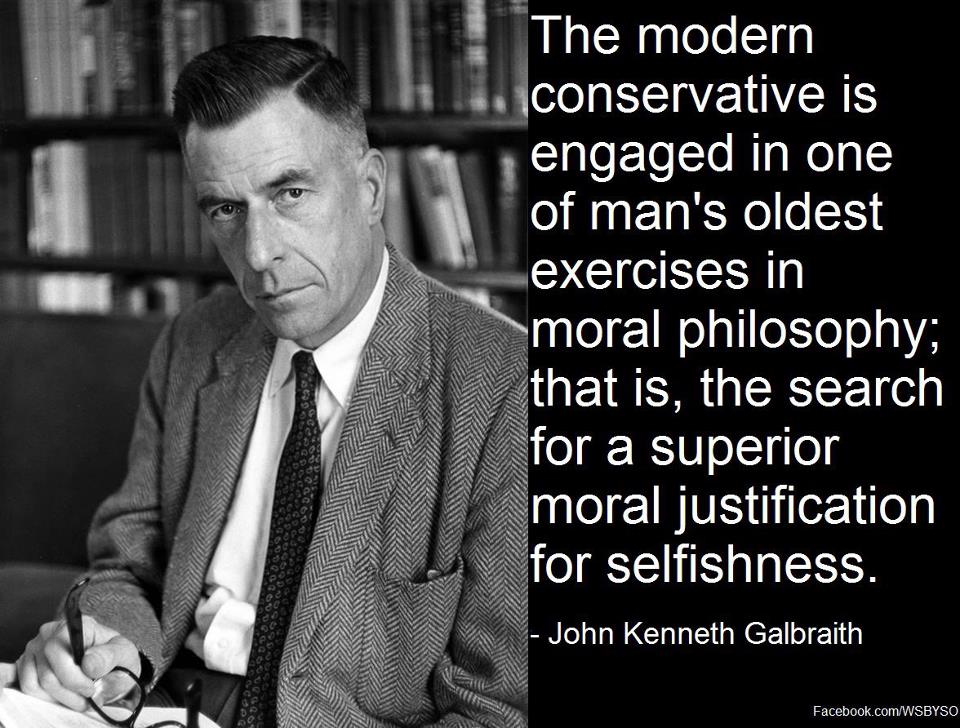
Recent bible translations render "blessed" as "happy"
as in the following rendition of Matthew's 5th Chapter.
https://www.biblegateway.com/passage/?search=matthew+5%3A1-12&version=TLB
There are lots of science-backed ways we can improve our overall well-being and grow happier in the long-run. Here are just a few:
- Meditate: Multiple studies suggest that meditating — focusing intently and quietly on the present for set periods of time — can help lessen feelings of depression and anxiety.
- Go outside: One study found that a group of students sent into the trees for two nights had lower levels of cortisol — a hormone often used as a marker for stress — than those who spent the same two nights in a city.
- Get involved in cultural activities: A study that examined the anxiety, depression, and life satisfaction of over 50,000 adults in Norway offered an interesting link: People who participated in more cultural activities, like attending a play or joining a club, reported lower levels of anxiety and depression as well as a higher satisfaction with their overall quality of life.
- Spend money on others: A 2008 study gave 46 volunteers an envelope with money in it wherein half were instructed to spend the money on themselves and the other half put the money towards a charitable donation or gift for someone they knew. The volunteers recorded their happiness level before receiving the envelope and after spending the money by the end of that same day.
- Volunteer: In a recent review of 40 studies done over the last 20 years, researchers found that one activity was far more important than the rest for boosting psychological health: volunteering. This activity, the researchers reported, had been found in many volunteers to be linked with a reduced risk of depression, a higher amount of overall satisfaction, and even a reduced risk of death from of a physical illness as a consequence of mental distress.
Conclusion: If you're looking to get a mood boost that'll last you in the long-term, focus on your state of mind in the present, be grateful for what you have, and stop to enjoy it! You'll thank yourself a few minutes — or a few years — down the road.


bless
Origin
Old English blēdsian, blētsian, based on blōd ‘blood’ (i.e., originally perhaps ‘mark or consecrate with blood’). The meaning was influenced by its being used to translate Latinbenedicere ‘to praise, worship,’ and later by association with bliss.
No comments:
Post a Comment